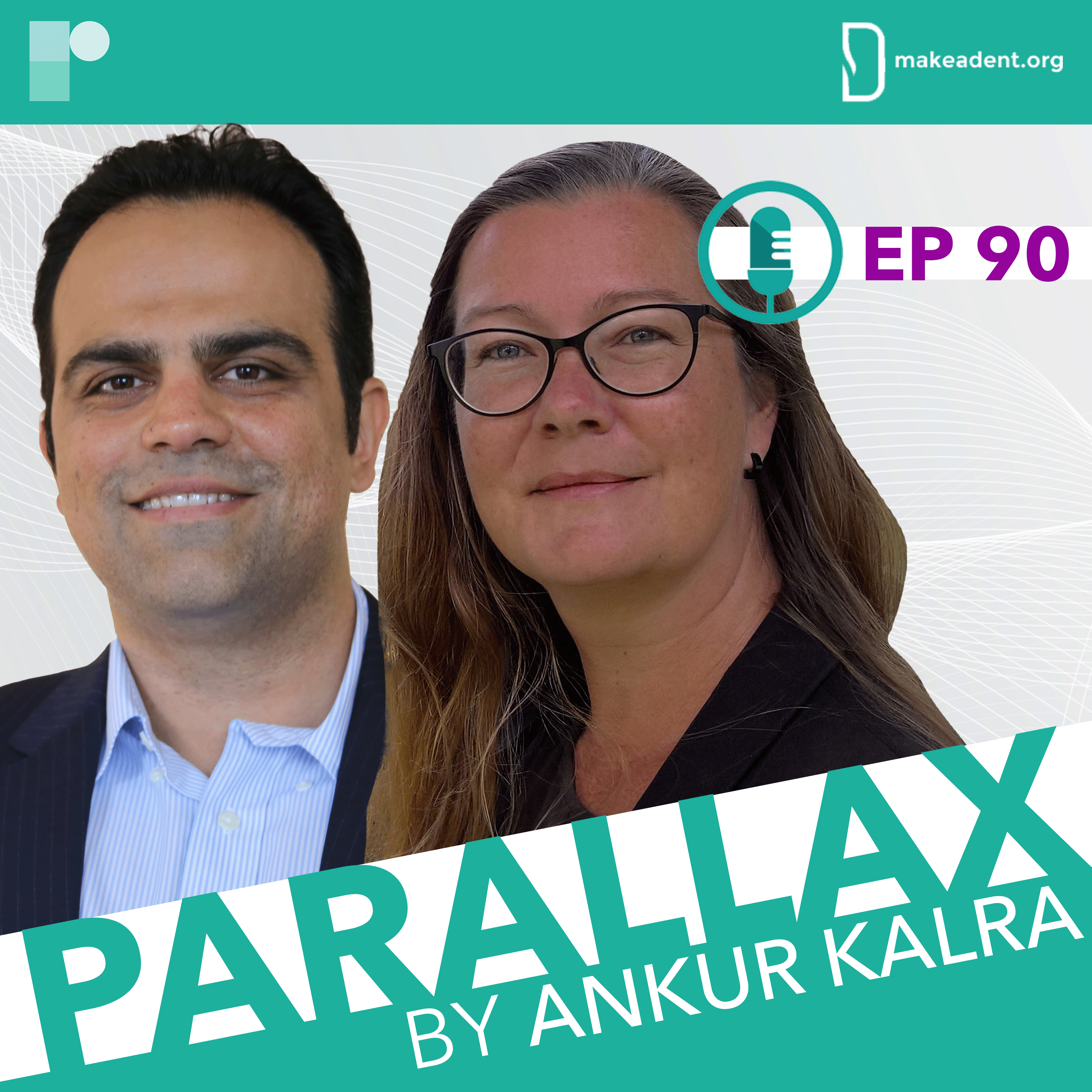
Bullying is a phenomenon that most of us are familiar with, whether through personal experience or through the stories of friends and colleagues. But what exactly is the impact of bullying on an individual and, in turn, on their community or field of work? In the context of medical science, the consequences can be particularly dire.
In the latest episode of Parallax, Dr Ankur Kalra's guests are Dr Susanne Täuber and Dr Morteza Mahmoudi. Dr Täuber, an expert in organisational behaviour, was recently terminated for speaking out against discrimination at her institution. Dr Mahmoudi is a radiologist at Michigan State University and co-founder of @AcademicParity movement.
Dr Mahmoudi and Dr Täuber teamed up to explore bullying in academic settings. Together with Dr Kalra they discuss why bullies thrive in such environments and the ways institutions enable such behaviour. Dr Täuber offers solutions and a critical overview of institutional narratives, while Dr Mahmoudi highlights the long-term effects on academic work and medicine. They call for action against toxic behaviour and for stakeholders to eliminate incentives for universities to support perpetrators.
What prompted Dr Mahmoudi to write about academic bullying? How do we disrupt toxic behaviours? What is Dr Täuber’s and Dr Mahmoud’s message to individuals who have been targeted by perpetrators?
Reinstate Susanne Täuber, protect social safety and academic freedom at the RUG (openletter.earth)
Resources:
Täuber S & Mahmoudi M. Disrupting targets’ dependency on bullies. Science 2022.
doi.org/10.1126/science.abo3412
Mahmoudi M. Academic bullying slows the evolution of science. Nat Rev Mater 2023.
doi.org/10.1038/s41578-023-00549-x
Mahmoudi M. Academic bullying: How to be an ally. Science 2021.
https://doi.org/10.1126/science.abl7492
Mahmoudi M. A survivor’s guide to academic bullying. Nat Hum Behave 2020.
doi.org/10.1038/s41562-020



The charity organisation, Women as One is an agent for women and men to be part of medicine that is built on talent, rather than a privilege. Roxana and Ankur discuss the role of mentorship and family-friendly work environment in mending the broken house of cardiology. Roxana talks about the practical tools that are available for women to take the next steps in their career and achieve their goals.

Dr Kalra asks Dr Mauri about early influences and her traineeship with legendary interventionalists, the late Donald Baim and Richard Kuntz. Dr Mauri talks openly about her decision-making process and the importance of selecting your priorities and committing to them. Ankur asks Laura about her decision to go into industry. Laura shares her thoughts on medical innovations and meeting urgent needs with unique perspectives.
What is Dr Mauri’s advice for a young cardiologist? How did she balance research and patient care? What are the questions that helped her decision making? How does Dr Mauri think about innovations in medicine?

Brigham and Women’s Hospital’s Health Equity Committee decided to confront the status quo by asking: How is racism on a structural level present within our walls?
Ankur Kalra’s guests Michelle Morse (Founding Co-Director of EqualHealth and Assistant Professor at Harvard Medical School) and Lauren Eberly (Cardiology Fellow at the University of Pennsylvania) are co-authors of a retrospective study that demonstrated what had previously only been observed: That black or brown heart failure patients ended up in general medicine rather than specialised cardiology services. Following the publication of the study in November 2019, the Health Equity Committee started to roll out anti-racism trainings and to work on objective admission guidelines to mitigate biased behaviours.
Aarti Bhatt (Assistant Professor of Medicine at the University of Minnesota), member of the Minnesota chapter of Campaign Against Racism, talks about their initiative to support projects that have a positive impact on local communities on a global scale.

In this week’s Parallax, Dr Kanaa’N, the director of the program, and Dr Lahorra, chairman of the Heart, Vascular & Thoracic Department of Akron General introduce the listeners to the foundations of their program and the paradigm shift brought by TAVR.

Ankur Kalra asks Grant W Reed, Director of the Cleveland Clinic’s STEMI program, to reflect on the actions they took and the challenges of delaying cardiovascular procedures in the wake of the coronavirus pandemic. Dr Reed offers insight on the factors that influenced the Cleveland Clinic’s STEMI policy for COVID-19. Ankur and Grant discuss the triage considerations for patients with structural heart disease and the steps the clinic took to protect its healthcare workers.





